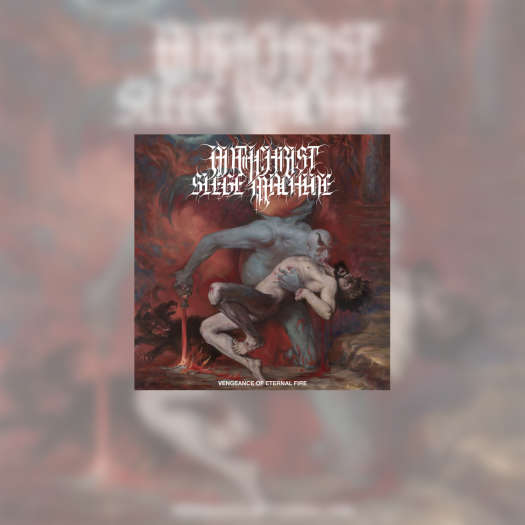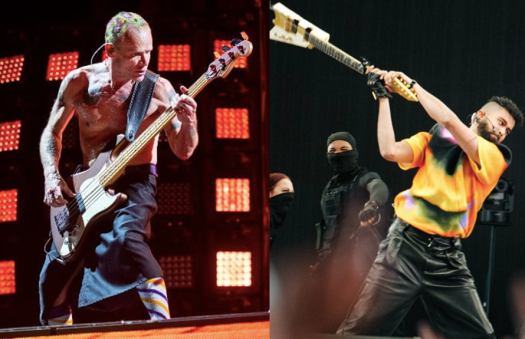Jodie Ferneyhoughs career has seen him work as an artist manager, festival booker and promoter, tour agent, product buyer and warehouse clerk. In 2001, Jodie was brought to the Universal Music Publishing Group and has been instrumental in the careers of Sam Roberts, K-OS and Canadian superstars Jann Arden, Shania Twain, Daniel Lavoie and Avril Lavigne. He was named Canadian Music Publisher of the Year at the 2003 and 2005 CCMAs, as well as Publisher of the Year at the annual CMW Industry Awards in 2005.
Do you sign artists who dont have a record deal?
Yes, we have a bunch of artists that dont/didnt have deals. This is one of the great things about publishing. You can sign, nurture and develop talent at an early stage help build their careers and with luck move them up the ladder. We were fortunate enough to find and sign Sam Roberts for example. We gave him a bit of money to help him along, gave him a bit of guidance and were able to get Maple interested in doing the initial deal. The rest, as they say, is history.
How do you figure out how much of an advance to offer?
There are a number of factors and no two deals are the same. A few different things come into play: sales they have already done, whether or not they are signed to a label, whether or not they have a great live following, potential sales, whether they have other offers from other publishers, or have had a deal before and they are looking for a new one, whether they sound like or are similar to or have the same [audience] as band x and band x have sold a certain number of records and therefore we extrapolate a possible sales level, or simply the manager is demanding a ton/little bit of cash.
As a Canadian publisher, what can you do to help break an artist internationally?
This is another can of worms; again, no two careers are alike. What works for one band will probably never work 100 percent for another band. Having said that, things you can do to help the situation along are hiring promoters and publicists in other territories, getting on the internet, releasing singles or getting music placed in films, TV, commercials, video games, etc. Touring is always a good thing, making friends with other bands, getting outside forces interested in you (non-live band bar owners, investment bankers, Telcos etc). Again, no two bands are alike: you are only restricted by your talent and your imagination.
Do you advance against or pay mechanicals for legal downloads from the internet?
The advance that we give an artist is against future royalties. These royalties include mechanicals from record sales, synch income from film, TV, commercials, ringtones/backs, master tones, live performances, radio and TV performance and yes, legal downloads.
What are the pros of signing with a major music publisher as opposed to someone smaller?
It really depends on what you need. Generally, I feel its better to go with a major (and I worked at an indie so Im not just blowin the corporate horn and some of these statements do hold true for some of the indies). Majors tend to have a greater dialogue with their sister record label (although we dont always recommend signing with them if it isnt right for the band), we have a worldwide infrastructure that allows us to collect a bands money from around the world cheaper (not as many sub-publishing deals that each take their portion of your money), more money to help promote, usually closer ties with movie and TV production companies. (UMPG handles the catalogues of NBC TV and NBC Universal pictures.) Also, because we are a worldwide company, we talk to all of our other offices and they help place music with other artists and local films and TV.
Do you sign artists who dont have a record deal?
Yes, we have a bunch of artists that dont/didnt have deals. This is one of the great things about publishing. You can sign, nurture and develop talent at an early stage help build their careers and with luck move them up the ladder. We were fortunate enough to find and sign Sam Roberts for example. We gave him a bit of money to help him along, gave him a bit of guidance and were able to get Maple interested in doing the initial deal. The rest, as they say, is history.
How do you figure out how much of an advance to offer?
There are a number of factors and no two deals are the same. A few different things come into play: sales they have already done, whether or not they are signed to a label, whether or not they have a great live following, potential sales, whether they have other offers from other publishers, or have had a deal before and they are looking for a new one, whether they sound like or are similar to or have the same [audience] as band x and band x have sold a certain number of records and therefore we extrapolate a possible sales level, or simply the manager is demanding a ton/little bit of cash.
As a Canadian publisher, what can you do to help break an artist internationally?
This is another can of worms; again, no two careers are alike. What works for one band will probably never work 100 percent for another band. Having said that, things you can do to help the situation along are hiring promoters and publicists in other territories, getting on the internet, releasing singles or getting music placed in films, TV, commercials, video games, etc. Touring is always a good thing, making friends with other bands, getting outside forces interested in you (non-live band bar owners, investment bankers, Telcos etc). Again, no two bands are alike: you are only restricted by your talent and your imagination.
Do you advance against or pay mechanicals for legal downloads from the internet?
The advance that we give an artist is against future royalties. These royalties include mechanicals from record sales, synch income from film, TV, commercials, ringtones/backs, master tones, live performances, radio and TV performance and yes, legal downloads.
What are the pros of signing with a major music publisher as opposed to someone smaller?
It really depends on what you need. Generally, I feel its better to go with a major (and I worked at an indie so Im not just blowin the corporate horn and some of these statements do hold true for some of the indies). Majors tend to have a greater dialogue with their sister record label (although we dont always recommend signing with them if it isnt right for the band), we have a worldwide infrastructure that allows us to collect a bands money from around the world cheaper (not as many sub-publishing deals that each take their portion of your money), more money to help promote, usually closer ties with movie and TV production companies. (UMPG handles the catalogues of NBC TV and NBC Universal pictures.) Also, because we are a worldwide company, we talk to all of our other offices and they help place music with other artists and local films and TV.




